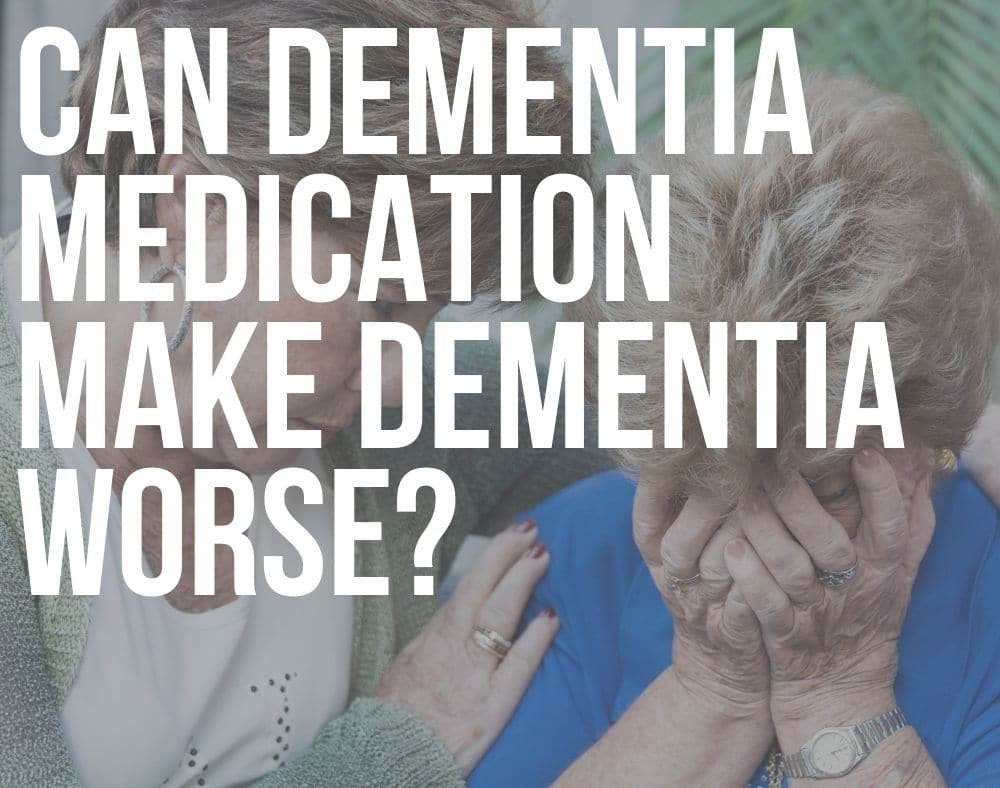Dementia researchers for a long time have been fascinated by the potential link between the risk of developing dementia after a concussion.
Mayo Clinic defines a concussion as a traumatic brain injury that affects the functions of the brain.
Its effects are normally temporary and can include headaches as well as problems with memory, coordination, balance, and concentration.
Contents
Can a Concussion Make Dementia Worse?
Blows to the head or violently shaking the upper body and head are the main causes of concussions.
In short, any severe head injury can lead to a concussion.
There is a very high chance that people will experience a concussion after falling or a motor accident.
Concussions are also common for people who play sports like soccer or football, as well as boxing.
Alzheimer’s Association describes dementia as a general term for loss of memory, problem-solving, language, and other thinking abilities.
It ends up affecting an individual’s daily life.
Many people with concussions usually recover fully.
New research, however, shows that there may be a link between increased risk of dementia development for people who have experienced concussions.
Some Studies Support The Increased Risk After Concussion

Several studies are supporting the idea that the risk of dementia can be increased by concussions.
One of the studies published in JAMA Neurology in May 2018 suggests that having a concussion can lead to increased dementia risk even when the person did not experience loss of consciousness.
The study was conducted by a team at UCSF (University of California).
There were over 350,000 participants in the study whose average age was 49. The researchers followed the participants for about 4.2 years.
The researchers also discovered that concussion without loss of consciousness accounted for a 2.4 fold in dementia increased risk.
When the concussion resulted in a loss of consciousness the risk of dementia increased up to 2.5 times higher.
The risk was higher for persons who experienced a moderate-to-severe traumatic injury almost four times (3.77).
The study also acknowledged that concussions in the general population were also risky for dementia and not for veterans alone. They draw the participants from two databases.
One of them has a list of all-era veterans who experienced concussions during military or civilian life.
The other has vets serving war zones meaning most of their injuries occurred in combat zones for example for shockwaves in blasts.
Concussions are risky for people with dementia

The findings were similar in both groups.
This indicated that concussions happening in combat areas are as likely linked to the development of dementia as those affecting the general population according to Deborah Barnes the first author Ph.D., MPH, professor in UCSF psychiatry, epidemiology and biostatistics department.
The experts advised people who experienced concussions to seek medical attention. Also, to allow time to heal as well as try and avoid other concussions.
Although the research did not examine the issue of repeat concussions directly, there is growing evidence that it may result in a cumulative effect.
Different research from Boston University Medical Centre also concludes that there is a link between concussions and Alzheimer’s disease (AD).
Note, AD is one of the most common causes of dementia.
The experts on the study concluded that concussions speed up cognitive decline and brain atrophy that relates to Alzheimer’s especially in persons who are at genetic risk for the medical condition. You can find these findings in the Brain journal.
The researchers observed 160 Afghanistan and Iraq war veterans.
Among them were participants who had suffered one or more concussions and others who had never had a concussion.
Concussions and genetics are crucial

The professionals used MRI imaging to study the thickness of the participant’s cerebral cortex in regions that first show atrophy in AD.
They found that those who experienced a concussion had lower cortical thickness in the regions of the brain that are first affected by Alzheimer’s.
Their results suggest that concussions when combined with genetic factors may play a role in accelerating memory decline and cortical thickness in AD’s relevant areas.
The experts on the study hope that other researchers will build-up on their findings to discover the concussion-related mechanisms that increase the development of neurodegenerative diseases like Alzheimer’s, Parkinson’s and others.
As a result, treatment may target the mechanisms which might lead to delaying the onset of neurodegenerative pathology.
Dementia and Concussion Closing Remarks
Currently, experts do not know the long-term effects that concussions cause.
More ‘dementia and concussion’ research is still necessary to determine whether concussions cause dementia development in later years.







